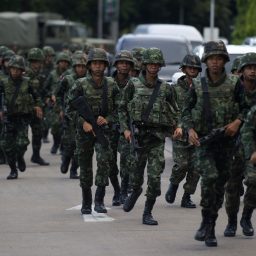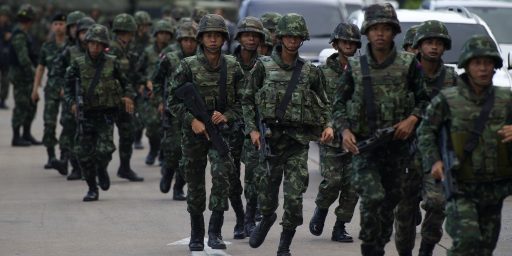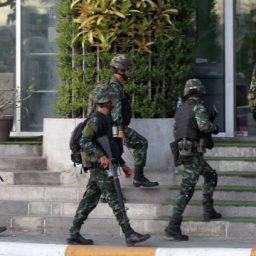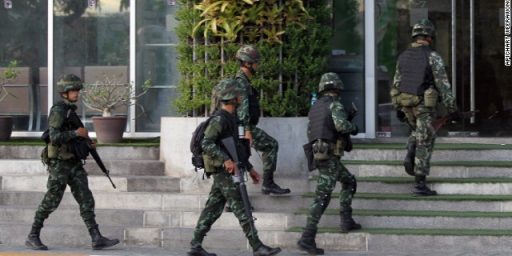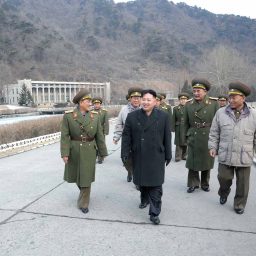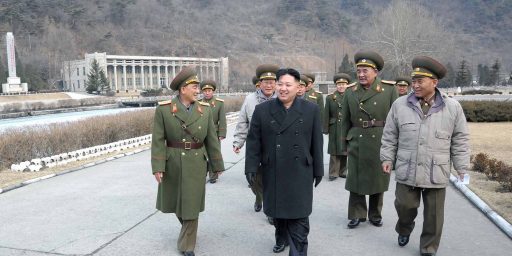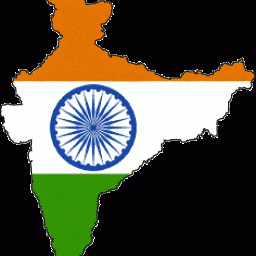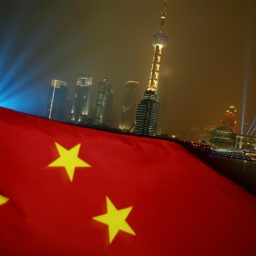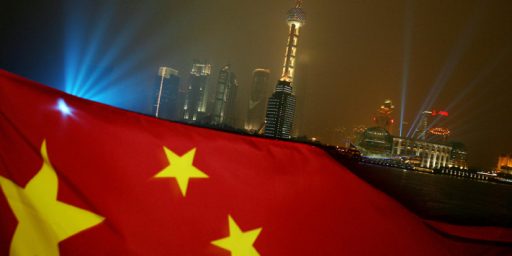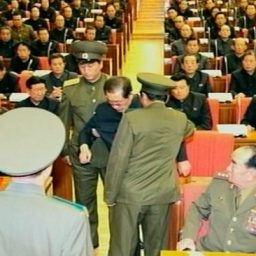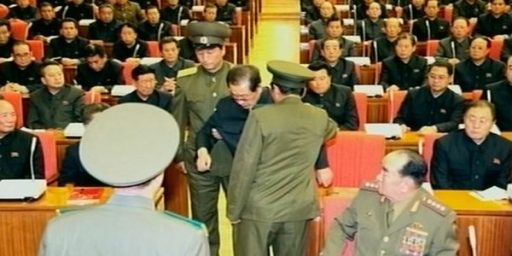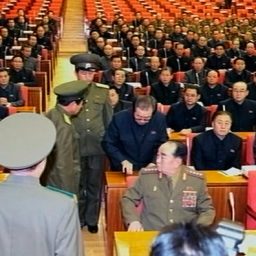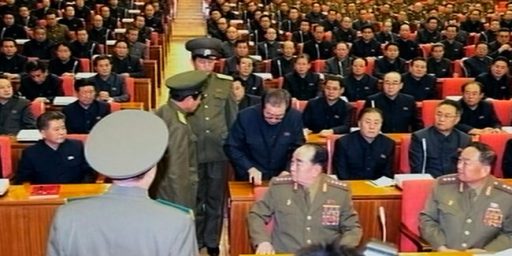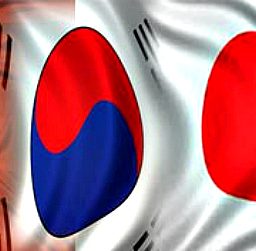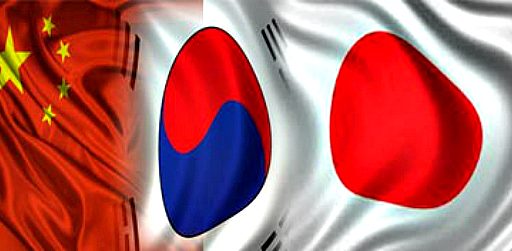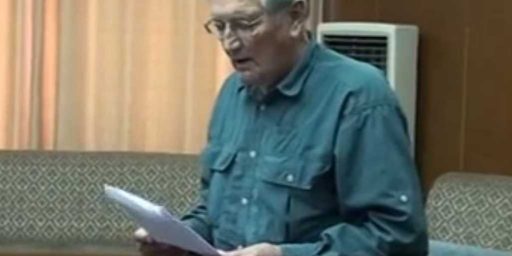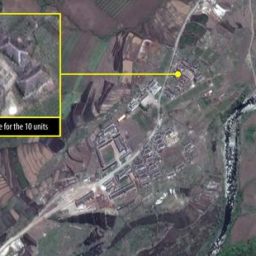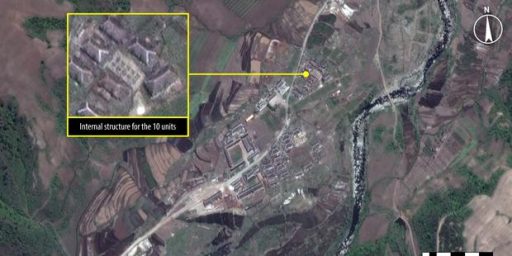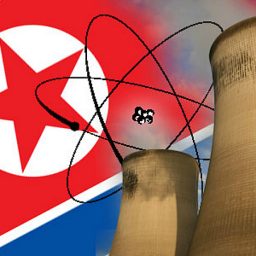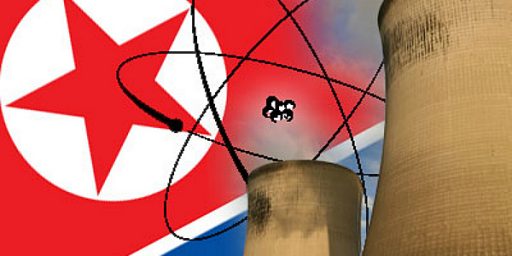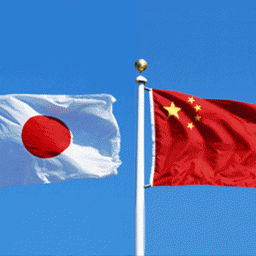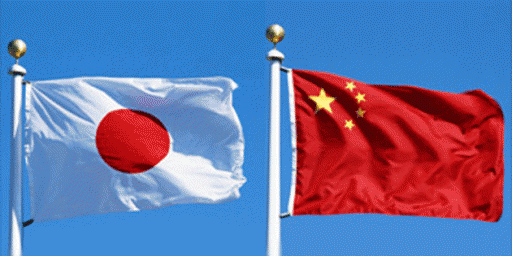

Is The Next Crimea In Northern Kazakhstan?
While the world watches Ukraine, Central Asia could also be an area where Russia may seek to expand its territory.
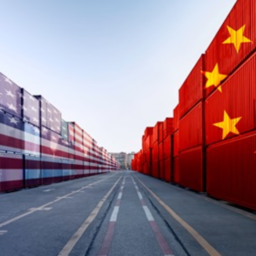

Tiananmen Square 25 Years Later
After two and a half decades, the images of June 4, 1989 resonate with many, unless you happen to live in China.
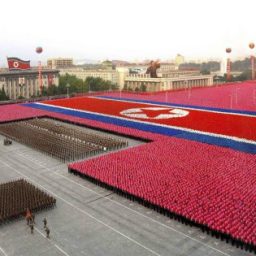
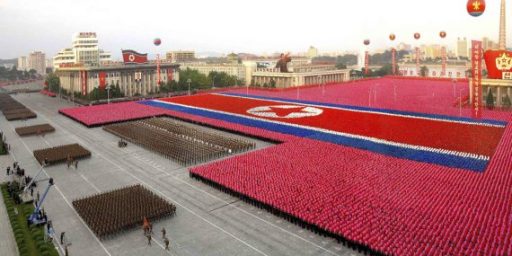
North Korea On The Verge Of Collapse? Don’t Count On It
Predicting the end of the DPRK is a fool’s errand.
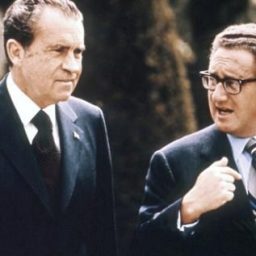
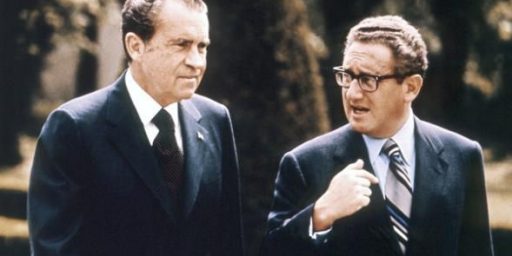
Only Nixon Could Go to China–Because Nobody Else Wanted To
The opening to China was entirely Richard Nixon’s idea. Henry Kissinger opposed it vehemently.
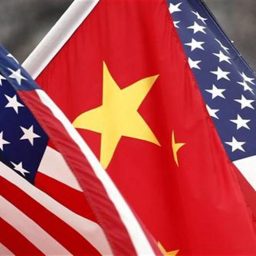
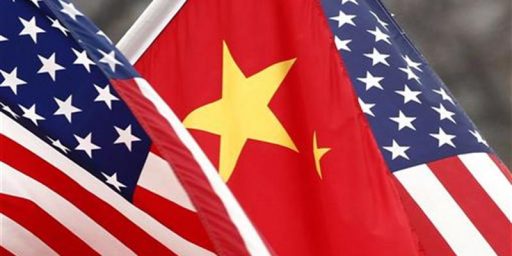
Biden: U.S. Won’t Recognize China’s New Air Defense Zone
The U.S. position on China’s new air defense zone is exceedingly clear. The question is where it goes from here.
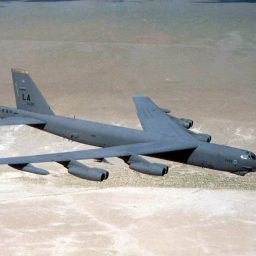
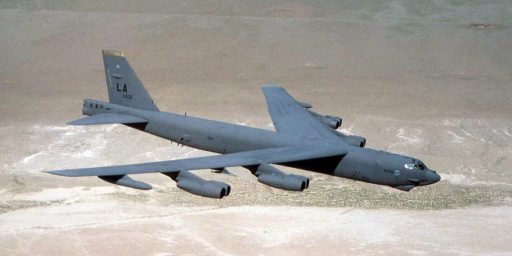
US Orders Airliners to Comply with Chinese Notification Demands
Even as it defies China’s illegal territorial claims with military flights, the Obama administration is urging US airlines to comply.
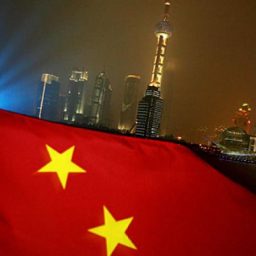
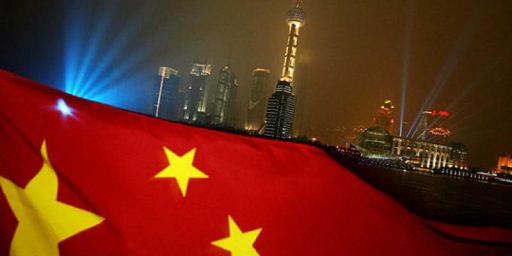
China Relaxes One Child Policy
China’s Communist Party has announced a significant change to the nation’s infamous “One Child” policy.


No Sex Please, We’re Japanese
The good folks at The Guardian wonder, “Why have young people in Japan stopped having sex?”
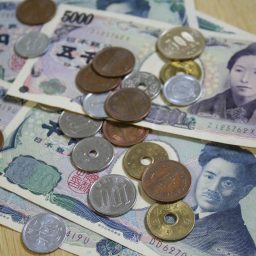
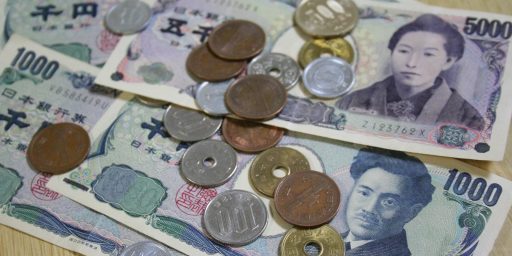
Japan’s National Debt Hits A Quadrillion Yen
Japan’s National Debt has reached a level that’s somewhat incomprehensible.
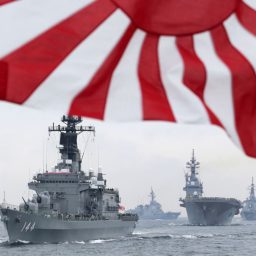
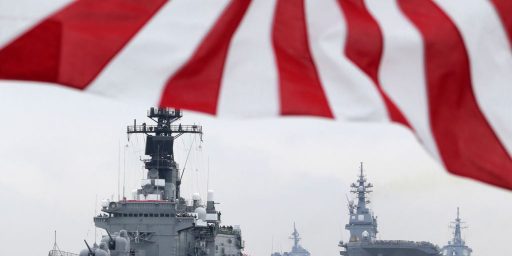
Japan Reassessing Its Military Policy
In response to North Korean saber rattling and the rise of China, Japan is reassessing it’s military posture


Growth Slowing in China
China’s finance minister has hinted that economic growth may fall far below 7% in the second half of the year.
